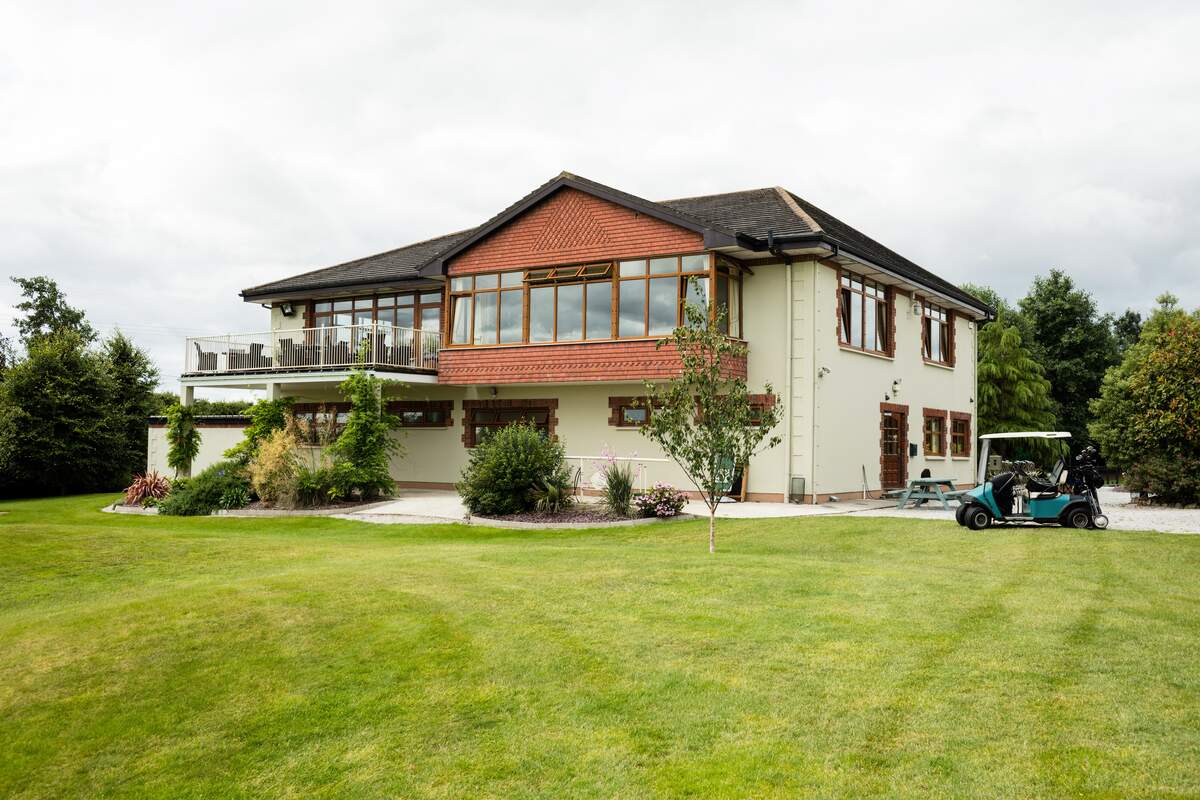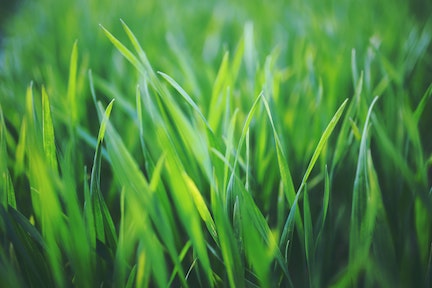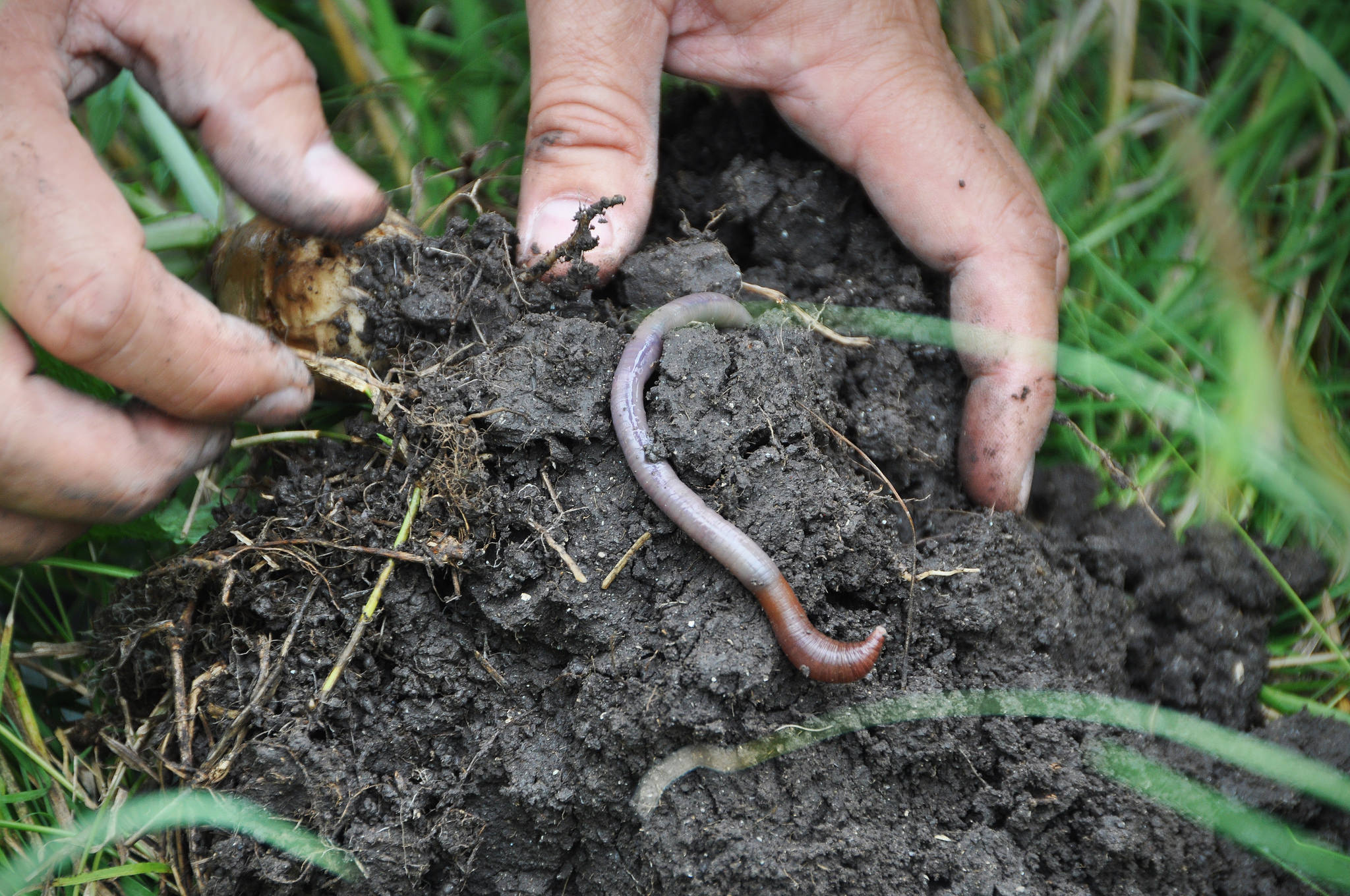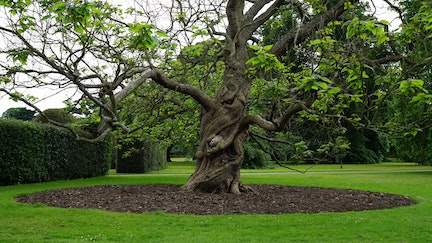
Living in Milwaukee allows you to experience every season to its full potential. Cold winters, with the last frost typically in mid-late-April, and moderately hot summers, allowing a lot of second season crop growing. When you think of a green lawn, you might picture the color green. Thick green grass that you can sink your toes into. But there’s another way to think of a green lawn: Green, as in eco-friendly, environmentally friendly, sustainable. Your yard can be green, and green. In fact, numerous products and techniques have developed over the years to make more eco-friendly lawn care in Milwaukee.

For many businesses, going green is popular—even earlier this year “Project Clean & Green” initiative was implemented by Milwaukee’s Mayor, Tom Barret, to dispose of unwanted goods from residents the eco-friendly way. So why not bring that approach even further home with you? Keep the city of Milwaukee clean as well your own home. Once you’ve made the choice to make your lawn more green, there are a few ways you can get started.
Efficient irrigation
In order to get started on your new eco-friendly lawn care routine, you should take a look at how much water you are using. A quick way to make an environmentally friendly change is to conserve water, one of the earth’s most precious resources. When looking at your irrigation options, a hose or traditional sprinkler heads aren’t as efficient as recent innovations. High-efficiency sprinkler heads can reduce overspray, misting and runoff, helping you conserve more water in your lawn. If you’re feeling particularly ambitious on your way to an eco-friendly lawn, rainwater harvesting will allow you to collect rainwater and use it for your irrigation needs. Either of these methods will save water and get your lawn started on its path to being more green.

Organic fertilizers and herbicides
When looking to use chemicals on your lawn, either a fertilizer to help it grow or a herbicide (or another pesticide) to reduce the invasive pests, you can consider an organic option. These organic options have little to no chemical ingredients and are made from living organisms instead. The chemicals that were used in the past were not eco-friendly. They often ran off into nearby water sources or got eaten by local wildlife. While not always a bad thing, chemicals can damage the environment. It’s best to find new, organic ways to deal with your lawn care.
Organic fertilizers are often made of kelp, fish or animal waste. They provide some of the same benefits as chemicals but in a way that is naturally occurring. Organic herbicides and other pesticides may contain ingredients you already have around the house. These materials go back centuries to old ways of maintaining a garden with natural repellents.

Compost for mulch
Composting is something that everyone can do, and it helps you create less waste while also building a beneficial mulch or gardening soil for your yard. The compost you create from your kitchen and yard waste takes time, but it has so many benefits. When you use compost as a mulch or topsoil for your grass when seeding, it holds in moisture and helps to keep out weeds. It also brings beneficial nutrients to the lawn, because it keeps some of the nutrients from the waste, like nitrogen and carbon. To use compost as mulch in your lawn, lay down two inches of compost on top of seed after you’ve recently seeded your lawn.
Find us in your city for advice on how to create an eco-friendly, green lawn care program for your yard. Need additional help with your lawn care? Visit our Milwaukee lawn care page for more info! We also provide lawn care services to additional locations in Wisconsin including Madison.
Main Image Credit: WavebreakMediaMicro / Adobe Stock / License